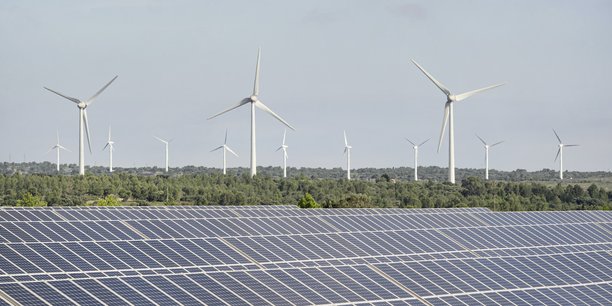East Timor, a small country in Southeast Asia, is facing serious challenges in its transition to renewable energy, despite ambitious government commitments. Electricity production is still largely dominated by diesel-powered plants, which are highly polluting. While global and regional initiatives encourage the shift from fossil fuels to cleaner energy sources like wind, solar, and hydropower, the path toward a sustainable energy transition remains fraught with difficulties.

East Timor, a small country in Southeast Asia, is struggling to overcome its heavy dependence on diesel despite significant commitments to renewable energy. Although the government has promised to promote wind, solar, and hydropower, the transition remains slow. This article explores the challenges and obstacles that East Timor faces, as well as the prospects for a greener future.
Dependence on Diesel: A Major Obstacle
Currently, electricity in East Timor is primarily generated by diesel-powered plants, a highly polluting energy source. These facilities, while essential for meeting the country’s energy needs, significantly contribute to greenhouse gas emissions and harm the environment. Small diesel generators are also commonly used, further exacerbating the situation.
Government Inertia Despite Commitments
Despite repeated government promises to transition to renewable energy, progress remains slow. The government has revised its annual budget to allocate funds for social and environmental initiatives, yet the energy transition has not taken off as hoped. This raises questions about the effectiveness and actual implementation of the announced policies.
The Crucial Role of Renewable Energy
IRENA (International Renewable Energy Agency) strongly encourages the transition from fossil fuels to renewable energy such as wind, solar, and hydropower. It is essential for East Timor to follow this path to contribute to the global fight against climate change. Adopting these alternatives would not only reduce carbon emissions but also create local jobs and stimulate the green economy.
Existing Initiatives, Yet Insufficient
While some initiatives have been implemented, such as the promotion of solar energy in rural areas, these remain marginal on a national scale. The share of renewable energy in the country’s energy mix has only made slow progress in recent years, indicating that additional efforts are needed to meet the set goals.
Financial and Technological Challenges
One of the main obstacles for East Timor remains financing. The initial cost of renewable installations is often high, and the country lacks the means to invest heavily in these technologies. Additionally, the lack of suitable infrastructure and logistical challenges complicate the adoption of green energies.
International Aid as a Potential Lever
It is essential for East Timor to benefit from international aid to overcome these challenges. Partnerships with global organizations and other countries can provide the necessary technical expertise and funding. For example, Finland, committed to achieving carbon neutrality by 2035, could share its knowledge and expertise.
Future Prospects
For East Timor to succeed in its energy transition, a concerted strategy and firm commitments are necessary. The country’s solar potential can be utilized more effectively, and initiatives for workforce training in new technologies should be encouraged. Finally, strong political will is essential to turn promises into concrete actions.
Les énergies renouvelables ont produit + de 50% de l'électricité en Europe pendant les 6 derniers mois.
— Philippe Quirion @philippequirion.bsky.social (@pquirion1) July 5, 2024
Grâce aux renouvelables, les émissions par kWh ont été divisées par 2 depuis 2010.https://t.co/HgedZz3YQ1
Freiner les renouvelables, c'est faire le choix des fossiles. pic.twitter.com/84dPLI9o35
Articles similaires
Thank you!
We will contact you soon.














